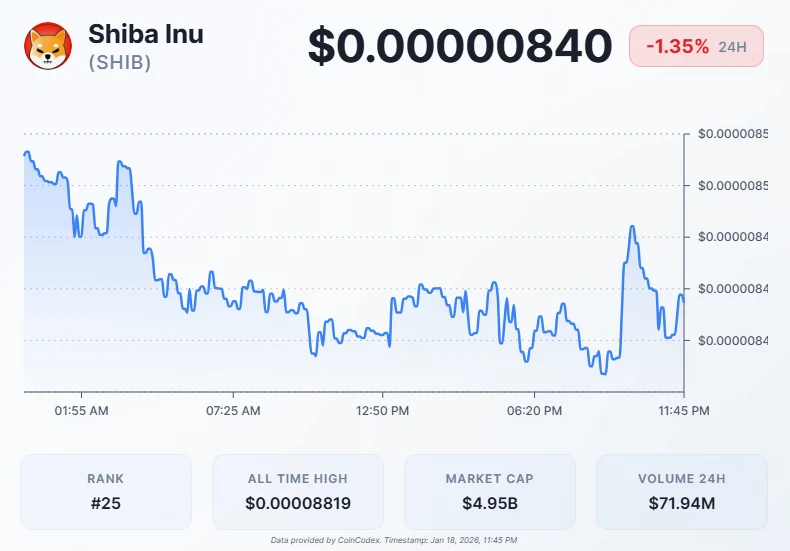Landmark SEC letter clears Doublezero 2Z token
The U.S. Securities and Exchange Commission issued a landmark no-action letter regarding Doublezero’s 2Z token.
The decision provides regulatory clarity on how token projects may structure offerings in compliance with federal securities laws.
The letter, dated September 29, came after four months of engagement between Doublezero and the SEC’s Division of Corporation Finance.
The SEC confirmed it would not pursue enforcement under Section 5 of the Securities Act or registration under Section 12(g) of the Exchange Act.
The agency stated: “Based on the facts presented, the Division will not recommend enforcement action to the Commission if, in reliance on your opinion as counsel, Programmatic Transfers that are conducted in the manner and under the circumstances described in your letter are not registered under Section 5 of the Securities Act and 2Z is not registered as a class of equity securities under Section 12(g) of the Exchange Act.”
The Doublezero Foundation hailed the letter as a first-of-its-kind assurance for its 2Z token distribution.
“The first-of-its-kind no-action letter gives us confidence that 2Z does not have to register as a class of ‘equity securities’ and that programmatic flows of 2Z on the Doublezero network are not securities transactions,” the foundation posted on X.
It added that the ruling represented four months of constructive engagement to set a compliant framework for token launches in the U.S.
The foundation said the letter means the SEC will not recommend enforcement action over 2Z flows within the Doublezero network.
This assurance allows contributors and users to operate with confidence while the 2Z token continues powering value transfers, incentives, and contributor security.
In a follow-up statement, Doublezero declared: “Crypto innovation in America is back. Today’s SEC no-action letter is a monumental milestone, not just for Doublezero, but for the entire crypto industry.”
Analysts suggest the decision could inspire broader adoption of compliant token distribution models across the U.S. crypto market.
Disclaimer: The content of this article solely reflects the author's opinion and does not represent the platform in any capacity. This article is not intended to serve as a reference for making investment decisions.
You may also like
Shiba Inu Faces Sharp Decline as Critical Support Level Breaks

Trove Markets Accused of $10 Million HYPE Token Dump Amid Fraud Concerns
Trump’s Address, Corporate Results, and Other Major Events to Follow This Week
Donald Trump’s Memecoin Raises Concerns Over Developer Sales – Here Are the Whale Movements
